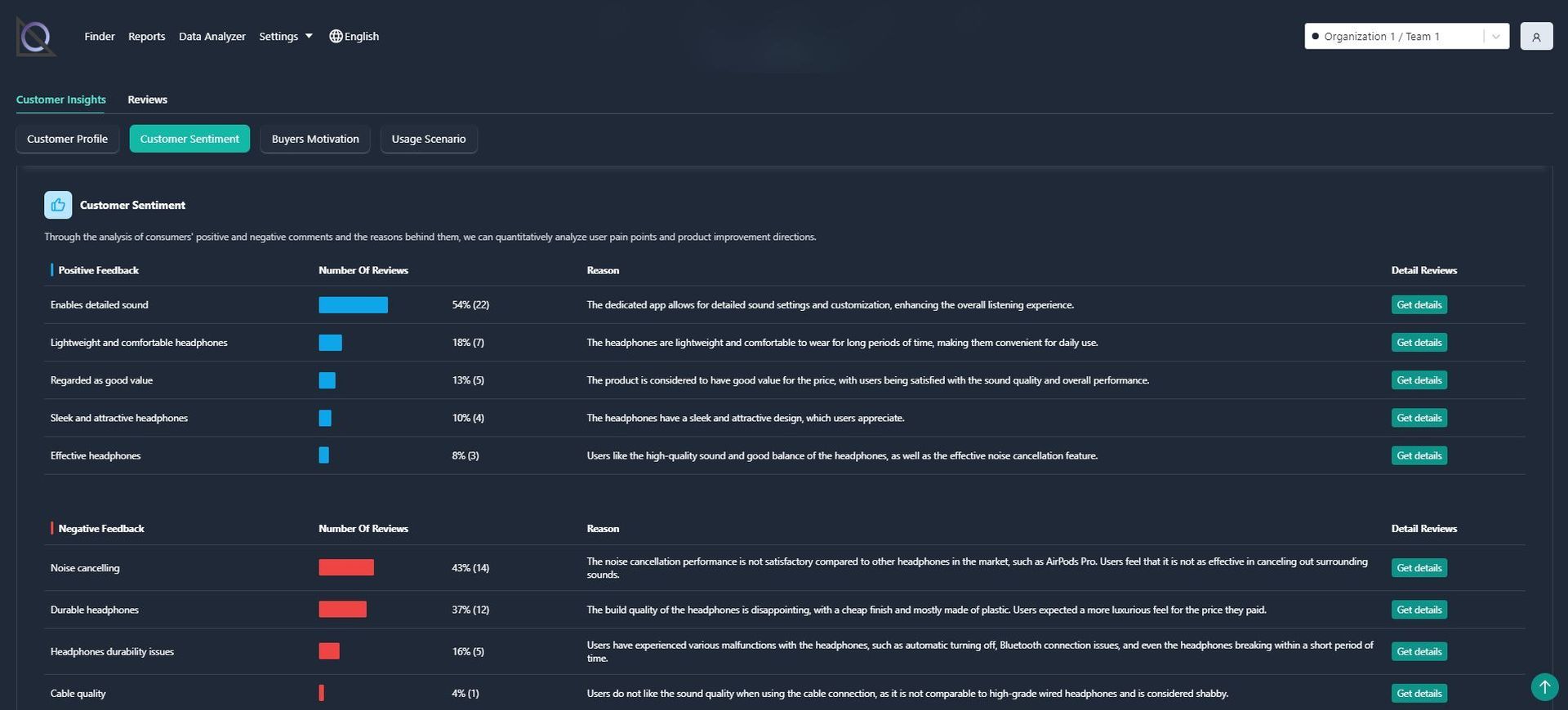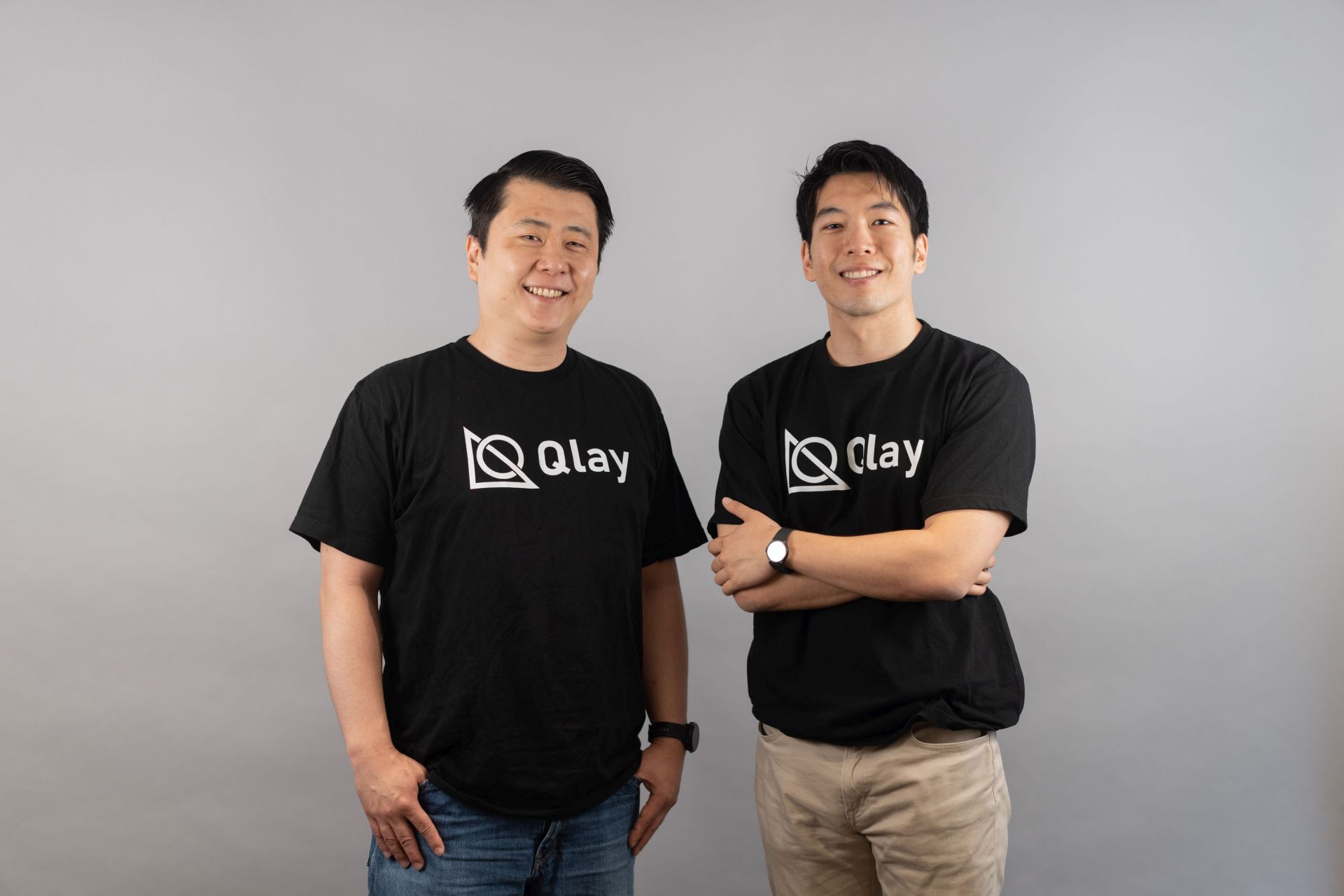Consumer sentiment analysis isn’t a flashy topic or mind-blowing concept, yet the importance of these tools in business is hot and getting hotter. Without gauging consumer sentiment, businesses can spiral with a solution, looking for a problem instead of meeting customer demands.
Consumer sentiment is an economic indicator of well-being, often presented statistically. Consumer sentiment has the power to transform financial landscapes. Consumer sentiment can build up an economy when a beloved singer tours or it can tear down a social media platform that lost sight of its base demographic, for example. Housing market trends are another indicator of consumer sentiment.
It began in the 1940s and 1960s with the Michigan Consumer Sentiment Index and the Consumer Confidence Index, respectively. Back then, consumer confidence was harder to measure, relying on surveys, focus groups, and market research. Early analysis was time-consuming, labor-intensive, and not always reliable due to human error. The digital revolution changed all of that. With the invention of the internet and the rise of social media, consumer confidence indexes have greater access to consumer opinions with real-time feedback. Software tools were introduced to analyze and opinion mine.
Surveys for money, often in the form of gift cards and other rewards, were incredibly common. Large firms provided surveys for businesses and analyzed the data. This method works but is cost-prohibitive for most small businesses. (Full disclosure: the author participated in online surveys in early 2010.)
When AI came on the scene, machine learning and AI completely transformed consumer sentiment data. Large Language Models (LLMs) and other AI advances were employed to quickly and accurately understand consumer emotions, preferences, and trends. Startup companies are now leveling the playing field for small and medium businesses to gain access to consumer sentiment data. Websites track trends, “best of the best” lists, and more.

Qlay Technologies out of Japan is a startup shaking up the consumer sentiment industry. Founders Tomofumi Nakata and Tokumasa Yamashita started Qlay Technologies in Tokyo after meeting through a co-founder matching program hosted by a venture capitalist. Together, with their extensive experience working as consultants, they built a startup that offers Qlay, a generative AI-powered consumer sentiment analysis tool.
Qlay integrates natural language data from diverse sources, such as social media, review sites, and e-commerce sites, and uses LLMs to generate a report for consumer goods companies to better understand consumer sentiments for their products and brands. Startups like Qlay Technologies have more agility and creativity when responding to market needs than large corporations. The ability to pivot and respond to challenges creates unicorns of startups, and that is precisely the goal of Qlay’s founders.
Tomofumi Nakata was born in Singapore and grew up in Japan and USA. He studied at a top Japanese high school before attending Harvard in the US. Nakata majored in Film Production before switching to Statistics. There, he gained practical knowledge in Statistical Causal Inference, which contributed to AI introduction in his business strategy. Upon joining McKinsey & Company, Nakata contributed significantly in Tokyo and the US locations. Nakata’s proficiency in both Japanese and English facilitated effective communication within the firm. Acknowledged for his adeptness in interpreting market data, discerning competitive advantages, and analyzing consumer research, Nakata excelled in crafting customized growth strategies by leveraging both quantitative insights (e.g., from market research) and qualitative insights (e.g., interviews and ethnographies) and proved he was a strategic asset within the consultancy domain.
Tokumasa Yamashita was born in Cote d’Ivoire and raised in Zambia. He moved to the US in 1993 to attend high school when the rest of his family returned to Japan. Upon graduating from a public high school in New Jersey, Yamashita attended the Massachusetts Institute of Technology (MIT) and earned his BS in Electrical Science and Engineering. At MIT, he worked as an undergraduate research assistant for the Learning and Intelligent Systems Group at the Computer Science and Artificial Intelligence Laboratory.

Yamashita developed a balanced mix of engineering and business skillsets. He initially began his career as a software engineer at Citigroup Global Markets Japan, where he focused on developing financial and treasury systems for the firm. He transitioned to a finance-focused role, joining PAG as an acquisitions analyst for their real estate private equity division. Later, he became a management consultant at Deloitte to advise Japan’s most prominent Corporate Venture Capitals in the energy and railway sectors. While Yamashita was exploring his own startup ideas after leaving Deloitte, he met Nakata at the end of 2022. They co-founded Qlay Technologies the following year.
Qlay offers businesses a faster way to respond to market data. Traditionally, pouring over the data could take a month or more. With Qlay, you input the product name and get consumer insights. Using generative AI, Qlay pours over that data in a matter of minutes. “I believe in the automation of tasks that do not necessarily have to be done by people. My goal is to liberate people from ‘tasks’ so that everyone can focus on ‘thinking,’” Nakata said of Qlay.
That’s exactly what Qlay Technology offers clients: the ability to get back to thinking and reacting. With AI-powered tools assisting to track consumer confidence, it can meet demands and see continued growth.
Image Credit: Qlay.AI





